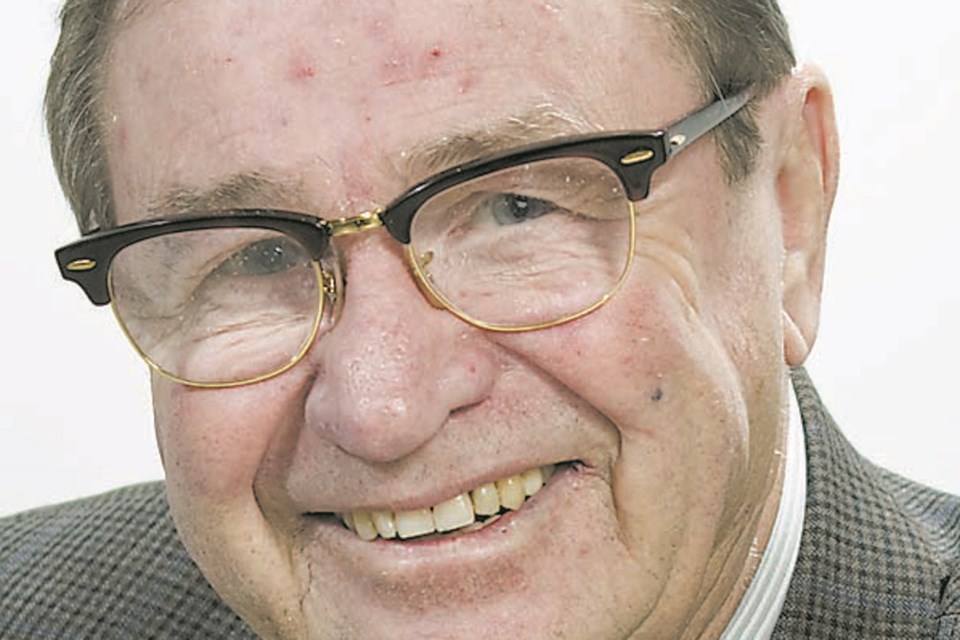Former Supreme Court justice Louise Arbour is a jurist of the highest rank. Her pre-eminent legal abilities are of global standing, having served with distinction as chief prosecutor on two United Nations International Criminal Tribunals. Thus, the recommendations of her Independent External Comprehensive Review regarding issues of sexual misconduct in the Canadian Armed Forces must be taken under the most serious consideration.
It is therefore somewhat surprising that Arbour waffled when she made pronouncements of the future of the Royal Military Colleges at Saint-Jean-sur-Richelieu, Que. and Kingston, Ont. First, she stated that: "The military colleges appear as institutions from a different era, with an outdated leadership model," adding "there are legitimate reasons to question the wisdom of maintaining the existence of these military colleges." Later, she contradicted herself, writing that closing the colleges altogether would be a "missed opportunity."
This latter statement got one to musing about "a different era" in Canada. Indeed, during and after the Second World War, Canada played a major global role, and served as a key player in founding the United Nations and NATO.
Then came the political destruction of the Avro Arrow — an advanced fighter aircraft — under the Diefenbaker government, the loss of space-age scientists to NASA, the transfer of our northern defense to the U.S.-controlled North American Aerospace Defense Command (NORAD), and our retreat from relevance in the future direction of NATO and the United Nations.
Canada also withdrew its military spending under Prime Minister Jean Chretien, and little has changed since, except that our current Canadian government has increased spending modestly to 1.4-per-cent GDP. We have no intent to honour repeated commitments to our NATO allies to raise defense spending to 2-per-cent GDP.
Clearly we have become a protectorate of the USA, which leads us to Arbour’s musings on our military officers’ post-secondary education.
The Royal Military College of Canada (RMC) was founded by Prime Minister Alexandar Mackenzie in 1874 to produce career officers. Today, RMC enrols 1160 full-time and 990 part-time undergraduate students, as well as 300 full-time postgraduate students. If we close these colleges, I reckon we will become even more dependent on the U.S. military system — this time for our military-officer advanced-training and education.
The U.S. has five national military schools, one each for the army, navy, air force, merchant marine, and coast guard. Total enrolment sits at 15,538 students, with an additional 14 state-supported military schools boasting an annual enrolment of 144,000. Clearly, the U.S. has the capacity to completely digest our military-personnel training-needs.
Maybe Justice Arbour raises a good point about the relevancy of our military colleges, but let us not continue the retreat to impotence in the military defense of our country and our responsible role in the defense of free nations. Instead, let’s reverse course and expand the RMC’s mandate to train U.S. and other armed forces’ officers under contract. If nothing else, it would earn us a more respectable place in NORAD and NATO, while simultaneously helping to pay off Arbour’s honorarium.
Alan Murdock is a local pediatrician.


